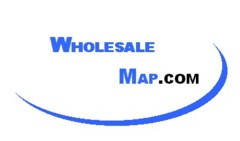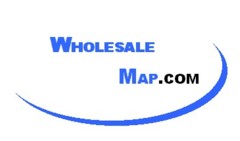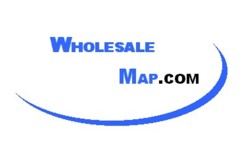The Key To Business Success

Everyone has heard the phrase “Location, Location, Location.” In the real estate market, this phrase has come to signify that with everything else being equal, the business that has the best location will be the one to succeed while others may struggle to make a profit. Success or failure of any business may be related to the location that has been picked by the owner.
Could it really be that simple? Can where I put my business determine the long-term success of my business. Again, the simple answer is YES!
The first thing in finding a location is to make sure your type of business is allowed at that particular location. For instance, many subdivisions will not allow business to be conducted out of the subdivision. So if you want a home-based business, check out your local zoning ordinances. Most cities have a Planning Department that you may have to deal with before you can open your business.
There are many different criteria for commercial business that you should look at before opening for business. One example is a dry cleaning operation should be located on the side of the road that most people drive going to work, for instance the right hand side of the road going into town. That way, people do not have to cross traffic to reach your business in the morning. On the other hand, a grocery store on the side going away from the city would be ideal because people could stop by and pick up food for supper on the way home.
Would your type of business do better in a strip mall or in a mall? Some businesses seem to do better in a stand-alone building. What types of people live in the neighborhood that you want to place your business? The Census Bureau is a good place to look for such demographic data. It has information about he population in a certain area. You can find information about the age, households, income, and race of people living within a certain geographical location.
The state in which you live has a Department of Transportation that will provide you information with a traffic count for the road that you want to open your business on. This is very important information. It tells you how many cars go by that location each day. These are your potential customers. Figuring out how to get them to stop at your business is the challenge.
Make sure the customer knows that you are there. This seems to be an oblivious statement, however, how many times have you been into a business that has been there for years and you didn’t know that it was there. Make sure that the people know what you are selling by advertising. A good sign is important to any business. Once again, there are restrictions that you must check into before you purchase your sign and then realize that the city ordinance will not allow it where you want it, or perhaps it is to big for that location.
Learn as much as you can about an area. Talk to other businesses in the area. Talk to people in a grocery store about what you are planning and see if they have any ideas, or suggestions. Large companies spend thousands of dollars researching an area before deciding to move into an area. You may want to hire a research firm to find out the information for you. Do not skip this step. It is very important that you know the area where you want your business.
Find out if there are any major changes coming to the area you are looking at for your business. For example, any major developments could have an impact on your business. A road change could have dramatic effects of your site. If a new road is going to be constructed that will reroute traffic, that must be considered.
In opening any business, there are a lot of decisions to be made and research to be done. Remember to take your time and you will find the right location for your business.
Paul Taylor is a business owner that helps other business owners and entrepreneurs locate wholesale distributors and dropshippers for their business. Visit his website http://www.WholesaleMap.com for more information about wholesale sources or starting a business.




